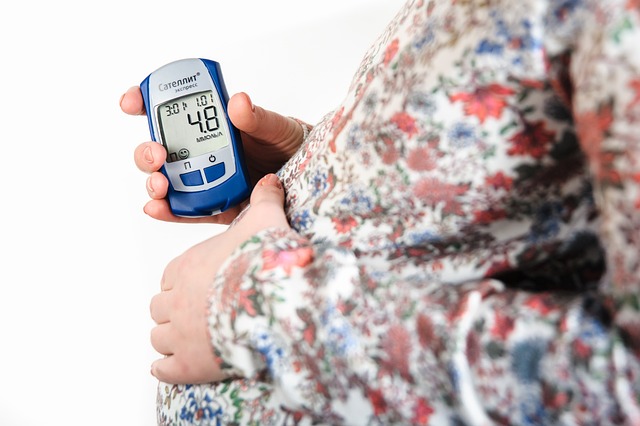When toddlers begin to explore their bodies, including their genitals, it’s a completely normal part of their development. As a parent, it’s important not to panic, feel embarrassed, or react with stress. Your child may have simply discovered a new part of her body that she’s curious about, and she might find that touching feels good.
Understanding Toddler Behavior
This newfound curiosity often emerges during significant transitions, like moving to training pants or beginning potty training, when access to their bodies becomes easier and more noticeable. It’s important to recognize that this behavior is innocent. Your child is exploring in the same way she would her fingers or toes.
How to Respond Appropriately
Your reaction should vary based on the setting. At home, it’s often best to ignore the behavior, allowing your toddler to explore without shame. However, if you’re in a semi-public environment, such as playdates or family gatherings, try to gently distract her with another activity, like drawing or building with blocks. If she continues, it might be best to simply divert your attention elsewhere. Other children won’t notice, and your friends and family will likely understand.
Begin to teach your child about the differences between “public” and “private” behavior. If she starts touching herself in a public space, calmly remind her to keep her hands to herself.
For more insights on family planning and parenting, you can check out the free sperm donor matching group at Make a Mom or learn about at-home insemination options at Make a Mom. Interested in how at-home insemination works? Discover more at How It Works. Also, for expectant parents looking to prepare, consider our post on essential pre-baby classes at Essential Pre-Baby Classes for Expectant Parents. For a comprehensive guide on baby essentials, visit Essential Baby Basics Kit. If you’re exploring fertility treatment options, the March of Dimes offers valuable resources.
Summary
In summary, toddlers’ exploration of their bodies is a natural and innocent behavior driven by curiosity. Parents should respond with understanding and guidance, avoiding shame or embarrassment. By teaching children about appropriate behavior in different settings, parents can foster a healthy relationship with their bodies.

